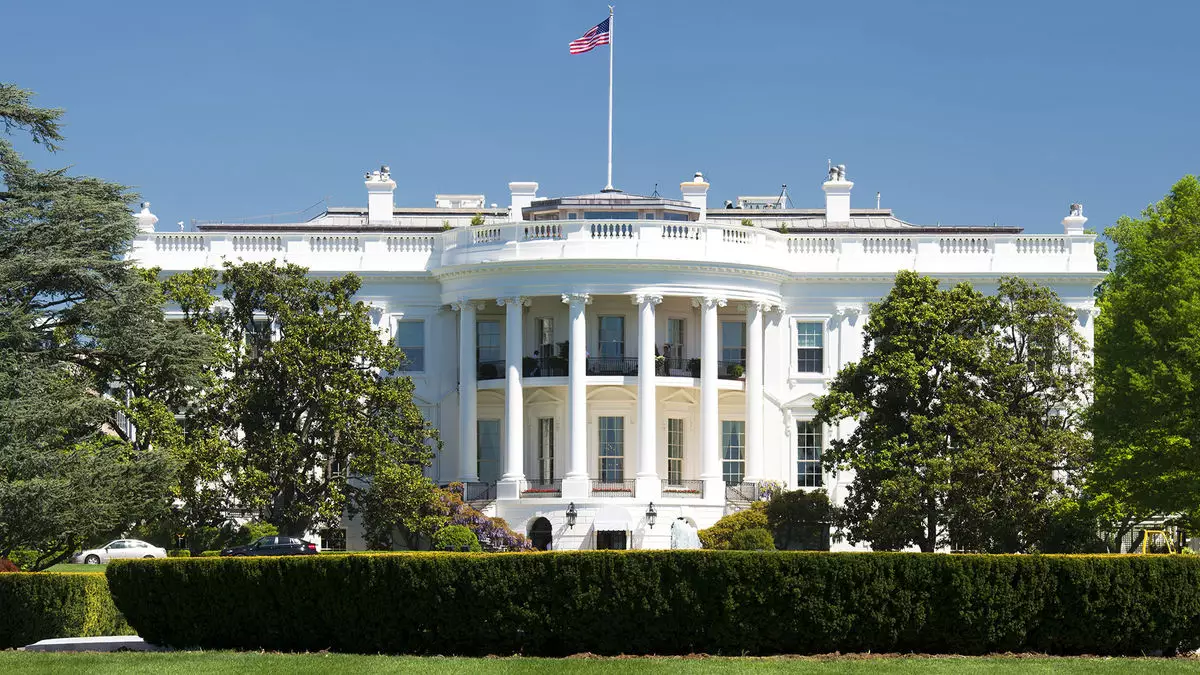Amid ongoing turbulence within the travel sector, the American Society of Travel Advisors (ASTA) has taken a proactive stance by outlining essential priorities in a correspondence directed toward the incoming Trump administration. In this article, we will explore ASTA’s concerns regarding travel policies, the implications of airline ticket refunds, independent contractor regulations, and more, as they aim to improve the state of the industry going forward.
Dangers of Travel Bans and Restrictions
The specter of reinstating travel restrictions looms large once again. Throughout his initial campaign and presidency, Donald Trump expressed firm intentions to revive travel bans, particularly in light of geopolitical tensions, exemplified by the Gaza situation. Historically, Trump’s previous executive orders on travel, which sought to restrict entry from several Muslim-majority countries, ignited fierce backlash from various sectors, notably the hospitality and tourism industry. Critics argued that such measures not only sent negative signals to potential visitors, but they also endangered the economic vitality brought in by international travel and tourism.
ASTA’s CEO, Zane Kerby, underscored these sentiments, articulating the pervasive uncertainty that such bans can create in an industry already susceptible to external pressures. In his letter, Kerby emphasized that any new limitations on travel would reverberate negatively, undermining the competitiveness of the United States in the global tourism marketplace. As countries vie for international travelers and their dollars, the U.S. must prioritize a message of inclusivity and access over restriction.
Refunds for airline tickets stand as another significant concern for ASTA. A new Department of Transportation (DOT) rule has placed the onus on the merchant of record—often the airlines themselves—to ensure that customers are reimbursed when flights are canceled or altered significantly. However, for many travel agencies that purchase ticket blocks for group travel, this poses a financial risk. Many agencies lack the liquidity to absorb losses from such refunds.
The letter from ASTA to the incoming administration highlighted the need for clarity and a practical timeline for these refunds. The organization suggested that airlines should remit payments to travel agencies within a week of cancellation, enabling agencies to similarly process customer refunds promptly. This would not only safeguard the operational viability of travel agencies but also enhance consumer trust in the travel booking process.
The evolving landscape surrounding the classification of independent contractors is another issue that ASTA has urged the incoming government to address. Changes to the criteria used to classify workers, notably those recently introduced by the Department of Labor, have led to inconsistencies and uncertainty, particularly as it pertains to the travel agency business model that often relies on independent contractors.
ASTA argues for a return to the classification standards set in 2021, which employed a more straightforward assessment based on control and the potential for profit or loss. By advocating for well-defined criteria, ASTA aims to clarify operational practices for travel agencies and reduce the potential for legal complications.
In the realm of hotel accommodations, ASTA has signaled its desire for more equitable treatment under the Federal Trade Commission’s (FTC) rules concerning hotel fees. The current rules can impose liabilities on travel agencies when inaccuracies are provided by hotels. ASTA is pursuing a “safe-harbor” provision that would protect travel advisors from unwarranted enforcement actions under these circumstances.
Moreover, the organization has voiced support for exempting travel management companies from FTC enforcement entirely, arguing that their systems operate discreetly, and thus shouldn’t be subjected to the same pressures as more transparent booking platforms. By advocating for this exemption, ASTA is emphasizing the importance of fairness within the competitive landscape of the travel industry.
Seeking Representation in Government
ASTA’s priorities extend to encouraging the new administration to create advisory committees and appoint travel professionals to pertinent governmental roles. Specifically, the establishment of a Passenger Experience Advisory Committee, inclusive of travel agents, is seen as vital for integrating the travel advisor perspective into decision-making processes.
By insisting on representation in key regulatory discussions, ASTA aims to ensure that the travel advisory community’s voice is heard, especially considering that this sector represents a substantial portion of air ticket sales in the country. The demand for a dedicated travel expert within the Department of Commerce further illustrates the urgency for informed governance in the travel and tourism sector.
In sum, ASTA’s letter serves as a clarion call for thoughtful and comprehensive policy reforms that address the myriad challenges facing the travel industry. By advocating against travel bans, promoting fair refund practices, reevaluating independent contractor classifications, and ensuring representation in governmental processes, ASTA paints a vision for a more resilient and thriving travel landscape in the United States. The inbound travel market’s future hinges on the choices made by the incoming administration, and ASTA is determined to ensure that the interests of travel advisors and their clients are effectively prioritized.


Leave a Reply